CIX AND THE AI PARADOX: Africa's Path Between Digital Independence and New Forms of Colonialism
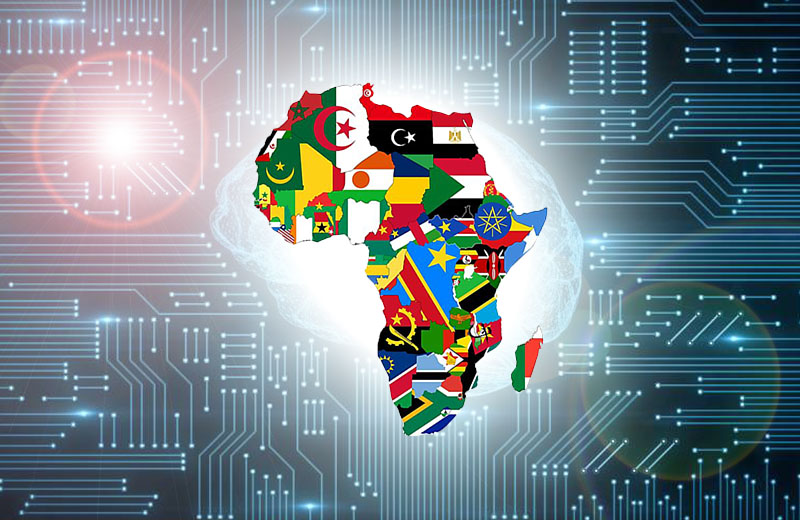
The African Union launched the CIX (Africa’s Continental Internet Exchange) on September 1st, 2025, with over 200 million users adopting it within 3 days of its release. This innovative endeavor calls for a massive restructuring of data handling and its accompanying costs within the continent. While previously the entire continent relied on servers hosted in European countries that served as middle men for the transportation of data from one African country another, the CIX presents the opportunity for African countries to host and exchange their own data without any middlemen.
For decades African countries have had to pay exorbitant costs to access some of the slowest internet speeds on the planet. The United Nations Broadband Commission recommended in 2018 - with the target to be met by 2025 - that entry level broadband services should be made affordable at less than 2% of the monthly Gross National Income (GNI) per capita. However, the world bank reported in 2024 that by 2019 this cost was at 10.5%, significantly higher than recommended by the UNBC while in 2021 the cost of an entry level smart mobile device was more than 25.2% of GNI per capita. These exorbitant costs are mostly as a result of the African continent always having to rely on middlemen to get access to technology and the internet. Before CIX, a business owner who sends a message from Accra to Lagos would have that data sent to European servers thousands of miles away then rerouted back to Lagos instead of the data just traveling from Accra to Lagos. Because the data needed to travel a much longer distance onto servers owned, operated, and controlled by non-Africans, the costs of handling is much higher while the speed of internet is much slower. Think of it in terms of needing to visit your best friend in town C while you live in town A. However, there is no direct road between the two towns. A rich man lives in town B which is connected to both town A and town B. To visit your best friend, you have to go to town B, pay the rich man some amount of money to open the road for you, follow his rules and regulations, in order to travel from town B to see your best friend in town C. It is a long-winded complicated process that could be solved if you and your best friend decide to construct a road from town A to town C instead of relying on the ‘generosity’ and resources of that rich man.
What does CIX mean then for the continent? It means significantly reduced cost of internet access, increased speed of data transfer (internet speed), and increased stability of internet connection for individual citizens. For businesses, it means increased localized traffic resulting from the explosion of Internet Exchange Points (IXPs) creating a thriving environment for SMEs and local tech companies that no longer have to rely on external infrastructure to deliver services. For governments, it means an enhanced opportunity to increase data/digital sovereignty and security cum economic sovereignty.
While we celebrate this milestone, I could not help but wonder what this means for the exacerbation of digital colonialism that is currently being caused by the explosion of the AI ecosystem. Digital colonialism is characterized first by the existence of a digital dependency that is then exploited through the existing digital power asymmetry. Digital colonialism thrives in the Global South because the West has a monopoly over digital technology infrastructure. Before CIX, Internet Service Providers (ISPs) relied on infrastructure from big tech companies like Google, Amazon, Microsoft and Meta. This also meant that these companies were the default option to producing and accessing data across the continent. Through aggressive promotion and deployment, these companies established monopolistic holds that created strong societal dependencies on their products and services. With this dependency, these companies exploit low-wage workers while hiking up their prices, exporting and exploiting local data while local economies barely get any benefits.
When it comes to Artificial Intelligence, these same companies are at the forefront of its development. Spending several billion annually to maintain their grasp at the cusp and ensure no one else has access. Meta for example has pledged $600 billion on AI infrastructure within the US alone. Combined, Big Tech has spent over $155 billion on AI this year alone with more in tow. That is more than any Global South company, groups of companies, or governments will be able to spend on the development of AI and technology. This financial gap, notwithstanding Trump’s 28 page “America’s AI plan” seeks this exacerbate the already existing digital divide. These companies and the US government pay no attention to the fact that the Global South suffers a majority of the repercussions of technological growth on the climate while benefiting the least. In fact, they exploit the loose labor laws and lack of competition from SMEs, that characterize Global South countries making them safe havens to exploitative tech companies. Additionally, the Trump administration’s increased efforts in blocking China from offering alternative AI solutions not only holds back the development of tech but also significantly limits the options and choices of Global South countries while simultaneously leaving behind local innovators and SMEs.
The African continent is home to 230 data centers - less than 2% of the world’s data centers – compared to the US that has over 5,426 data centers – accounting for close to 46% of the global total. The continent has a population of 1.55 billion compared to the 347.7 million of the United States. Yet the growing cloud services and AI needs of more than 20% of the world’s population have to rely on the infrastructure provided by a handful of companies that are not even headquartered on the continent. This reveals a well-known pattern of digital dependency. These handful of western companies provide the infrastructure, products, and services and a majority of the African continent consumes and feed these services with data that is then used to further exploit the continent. It’s a never-ending cycle of the growing needs of a continent that continues to be fed by hands only interested in their own pockets. The bigger concern here when it comes to AI compared to other technology is the significant disparity in access to infrastructure and financial ability that sets the west apart. It would be unrealistic to hope that in the advent of CIX, African countries will be able to immediately develop independent AI infrastructure considering the massive computational requirements and specialized talent needed.
But all hope is not lost. The CIX is an essential step towards the reduction of the digital dependency of the continent. It may be the advancement the continent needs to finally negotiate at the technological table on equal footing. The explosion of IXPs across the continent also means that there is increased localized traffic that ensures not only the continent’s data security but more importantly, exportation of the data is intentional and the continent benefits from it. Additionally, some African countries are making significant strides in expanding data centers, providing AI and technological training to citizens, and improving existing weak technology, data, and AI regulation laws. Ghana for example has launched the National AI Strategy Stakeholder Consultation Forum with a focus on training a million coders, acknowledging the potentials of AI while not shying away from its accompanying ethical, privacy, and governance concerns. The West African country has pledged to develop AI with governance as a tool to ensure real, measurable, and inclusive value for citizens while aiming to make Ghana the AI hub of Africa. South Africa, Nigeria, and Kenya – currently home to the continent’s largest amounts of data centers – are technological hubs growing in capacity to provide the services needed by the continent. Other African nations need to follow suit in not only developing their own technological abilities but also formulating stronger policies surrounding data privacy, the ethical concerns of AI, and stringent labor laws to protect their citizens. While the continent may not have billions to throw at digital colonialism, there are several other ways we can contribute to reducing the gap and making sure AI does not become our undoing.
Category: technology
268
3


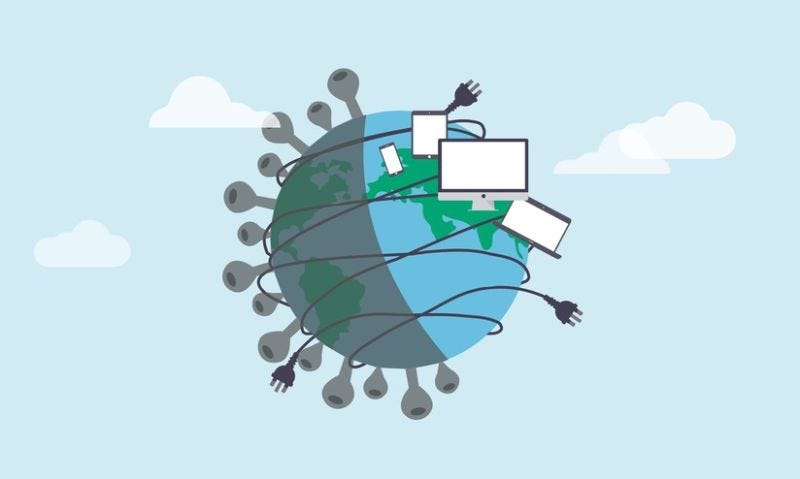
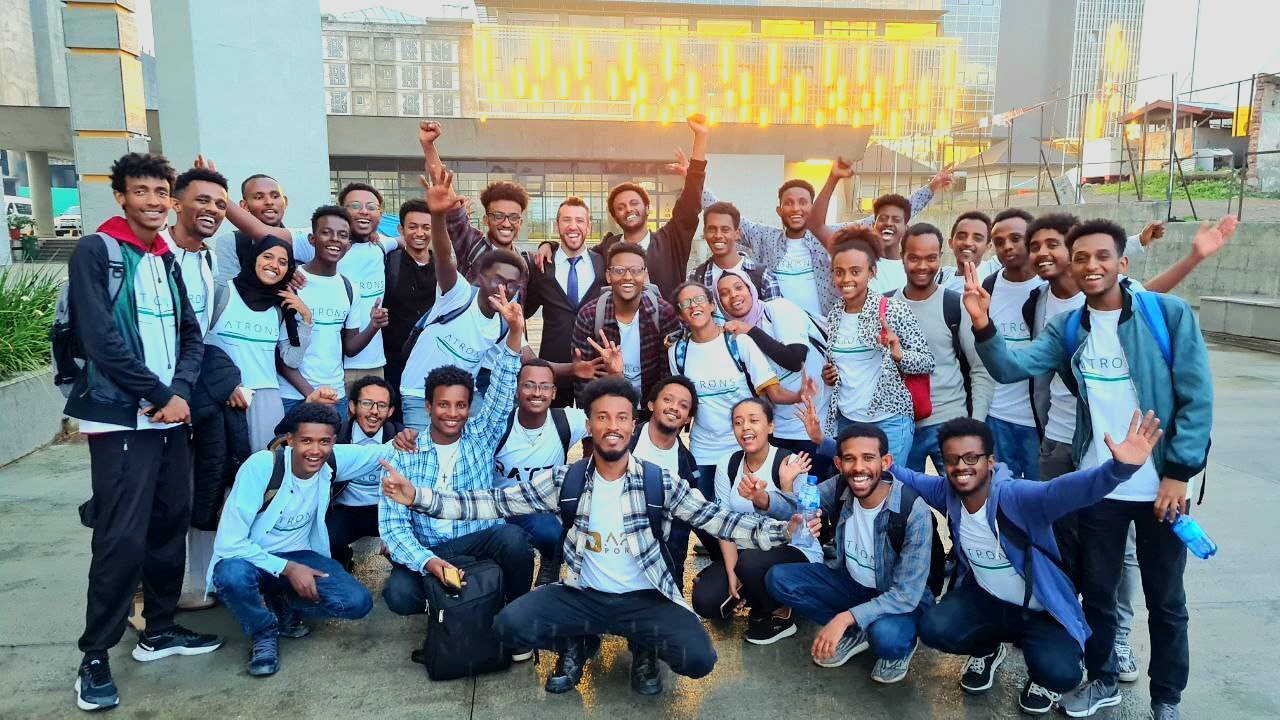
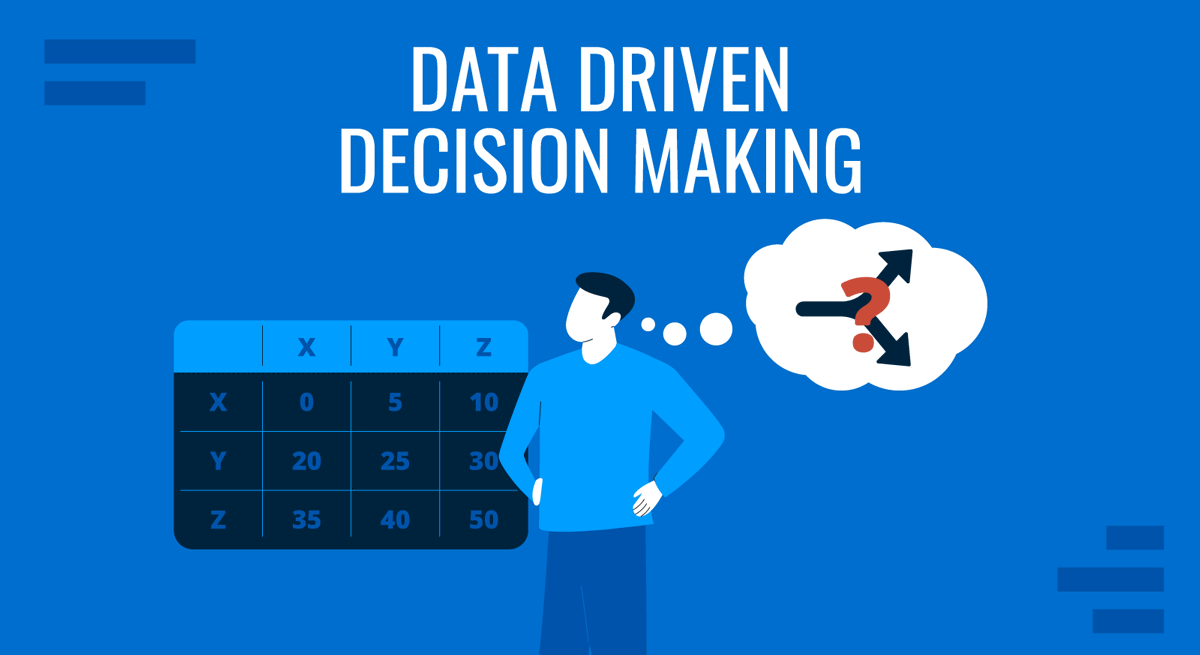
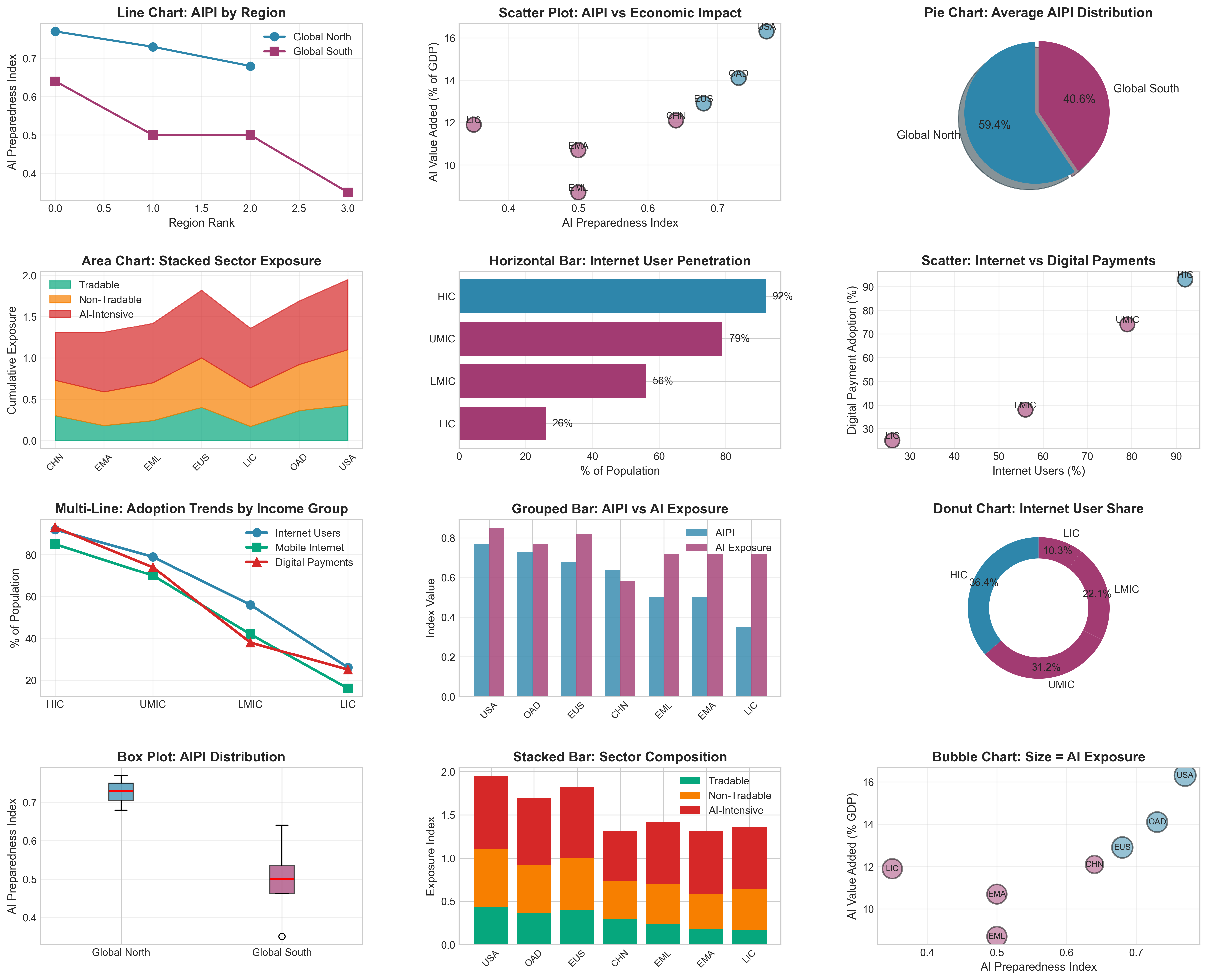
Comments